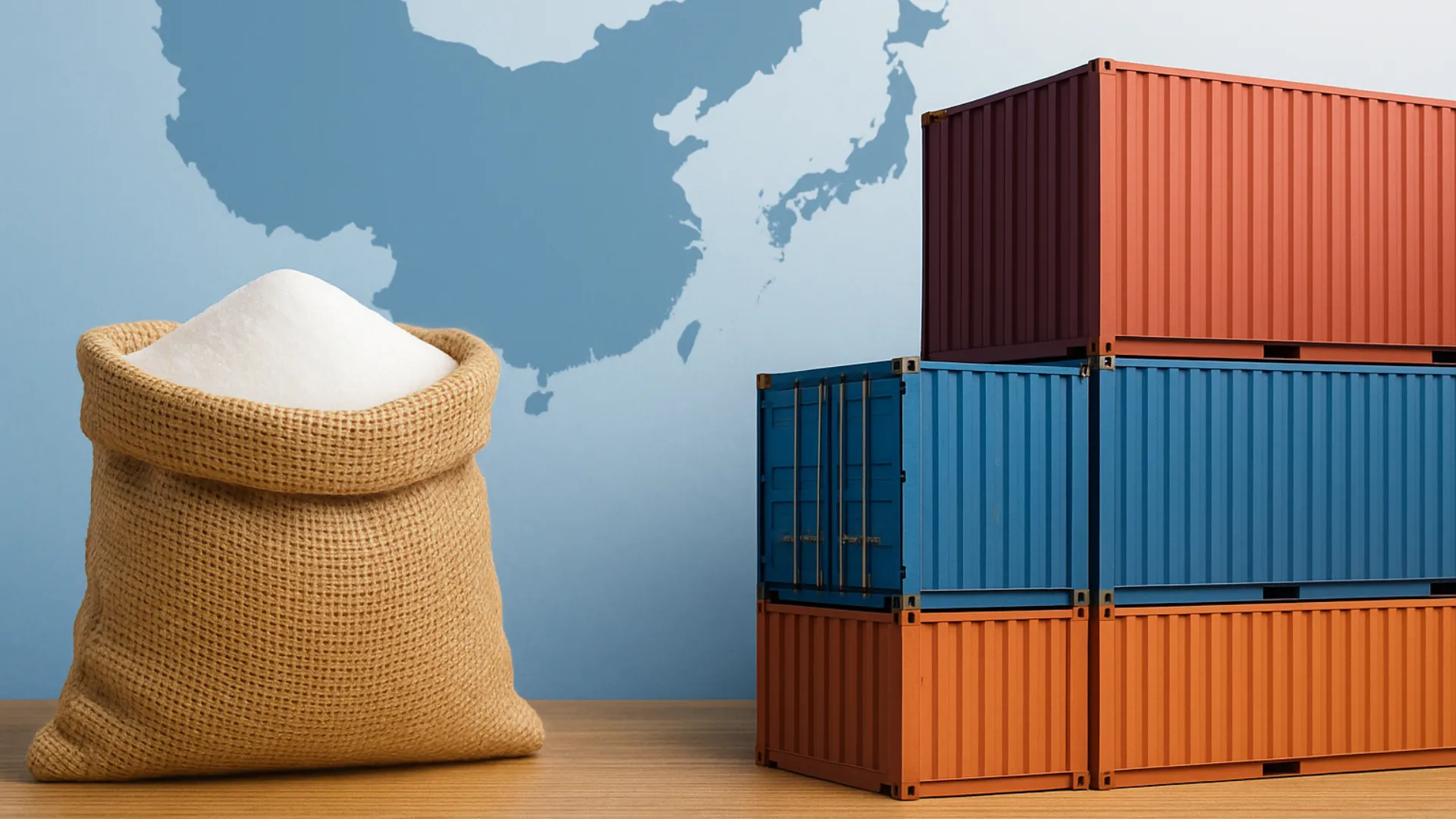Introduction: Why Soda Ash Dense Trade Matters in Asia
Asia plays a pivotal role in the global soda ash dense trade stream, both as a major producer and consumer region. The region’s industrialization, booming glass and detergent sectors, and water treatment investments make dense soda ash a critical commodity. According to recent market reports, Asia-Pacific accounts for over half of global soda ash dense production capacity. Chemical Research Insight+1
Within Asia, China serves as both a dominant producer and significant importer, reflecting the delicate balance between domestic capacity and surging demand. In the first half of 2024, China’s soda ash imports surged by 294% year-on-year, even as exports declined. chemicalmarketanalytics.com
For water treatment chemicals suppliers and chemical manufacturers, dense soda ash offers essential raw material potential. The purity, handling properties, and logistics of dense grades make it attractive for industrial applications.
On the commercial side, understanding Q4 2025 trade shifts can help stakeholders (importers, exporters, and intermediaries) optimize supply chains, anticipate margins, and capture new opportunities. Visit our product page on dense soda ash in India at chemtradeasia.in and chemtradeasia.co.id.
Export Landscape in Q4 2025: Key Players & Trends
In Q4 2025, major exporters in Asia are likely to include China, India (for synthetic dense grades), and select producers in Southeast Asia. China’s export volume and pricing policy often set the tone for the region, due to its cost competitiveness and scale. chemicalmarketanalytics.com+3Prismane Consulting+3Chemical Research Insight+3
Nonetheless, Chinese exports in recent years have shown volatility. While China expanded capacity and domestic demand, net exports have sometimes reversed—e.g., in early 2024, exports dropped ~55% year-on-year. chemicalmarketanalytics.com+1
Indian exporters, although with more limited natural soda ash resources, are expected to ramp up synthetic dense soda ash capacity, aiming to capture both domestic and regional demand. Reports suggest greenfield expansion in India’s soda ash segment. Prismane Consulting+1
For suppliers/chemical manufacturers in Asia, collaborating with stable exporters or securing contract volumes is key. We at ChemTradeAsia facilitate matching between exporters and buyers—learn more via our contact channels above.
Import Patterns in Asia: Who Buys & Why
On the import side, Southeast Asian nations (Indonesia, Vietnam, Philippines, Malaysia), as well as smaller industrializing economies (e.g. Bangladesh, Sri Lanka), remain heavy importers of soda ash dense due to limited local production. Chemical Research Insight+3Prismane Consulting+3Glass International+3
China itself has turned into a net importer in certain periods, as its domestic demand outpaces its export capacity, especially during heavy demand cycles. In Jan–Jul 2024, China imported ~812,000 mt while cutting exports to ~505,000 mt. chemicalmarketanalytics.com
Import decisions are often driven by downstream industries: glass manufacturing (including solar glass), detergents, and chemical intermediates. Solar glass, in particular, has been a strong driver of soda ash demand in Asia. Glass International+2chemicalmarketanalytics.com+2
For water treatment chemicals suppliers and chemical manufacturers, securing reliable import routes with good logistics and volume flexibility is crucial. We at ChemTradeAsia offer bridging services for importers—feel free to connect via our contact pages above.
Price Movements & Margins: Impact on Trade Flows
Price behavior in Q4 2025 will strongly influence trade flows. Historically, soda ash dense export pricing from China has been volatile: in early 2024, export prices dropped sharply (e.g. from ~$301/mt to ~$264/mt in six months). Glass International
Domestic delivered prices in China also trended downward during 2024: dense soda ash averaged ~RMB 1,634/mt (~$225) delivered in August 2024, well below earlier peaks. chemicalmarketanalytics.com+1
Margins for exporters will depend on raw material costs (e.g. limestone, energy), currency fluctuations, and shipping/handling overheads. Importers must closely monitor freight rates and customs duties, which can erode competitiveness.
From a commercial standpoint, buyers and water treatment chemicals suppliers should lock in longer-term contracts or hedge against price swings. As a trusted trade partner, ChemTradeAsia can assist in structuring such agreements—see our contact pages for support.
Commercial Opportunities & Risks for Suppliers
Opportunities:
-
Exporters in India or Southeast Asia with synthetic dense soda ash production can gain market share, especially if Chinese exports face regulatory constraints.
-
Specialty grades or high-purity dense soda ash offerings (e.g. low impurity, consistent particle size) can command premium margins for chemical manufacturers or water treatment applications.
-
Infrastructure growth, increasing wastewater treatment, and rising glass/solar manufacturing projects in Asia will sustain demand. IMARC Group+1
-
Vertical integration: chemical manufacturers may integrate soda ash supply chains to reduce dependency and cost volatility.
Risks:
-
Overcapacity in China or sudden policy shifts (export controls, environmental restrictions) could cause supply gluts or export curtailments.
-
Exchange rate fluctuations and rising logistics costs (fuel, shipping) may squeeze margins.
-
Environmental regulations tightening in many Asian nations could impose additional cost burdens or production constraints.
-
Quality or consistency issues may disqualify suppliers from sensitive downstream applications (e.g. high-spec glass or water treatment).
For water treatment chemicals suppliers and chemical manufacturers, working with a reliable platform that offers vetted supply and secure transactions is essential. We invite you to engage with ChemTradeAsia for tailored sourcing solutions—contact us at our India or Indonesia pages.
Conclusion: Outlook & Strategic Takeaways
In Q4 2025, Asia’s soda ash dense trade will be shaped by China’s export strategy, India’s growing synthetic supply, and sustained industrial demand across Southeast Asia. Stakeholders should monitor price signals, capacity shifts, and regulatory developments closely.
For chemical manufacturers and water treatment chemicals suppliers, the window of opportunity lies in early contract negotiation, securing premium quality, and building resilient supply chains. Trade intermediaries or digital platforms that bridge exporters and importers stand to benefit from increasing fragmentation in sourcing.
ChemTradeAsia positions itself as your trusted partner in the dense soda ash trade across Asia. Whether you are an exporter seeking buyers or an importer seeking supply, we can facilitate the match with transparency and reliability. See our dense soda ash product pages or reach out via our contact pages:

Leave a Comment